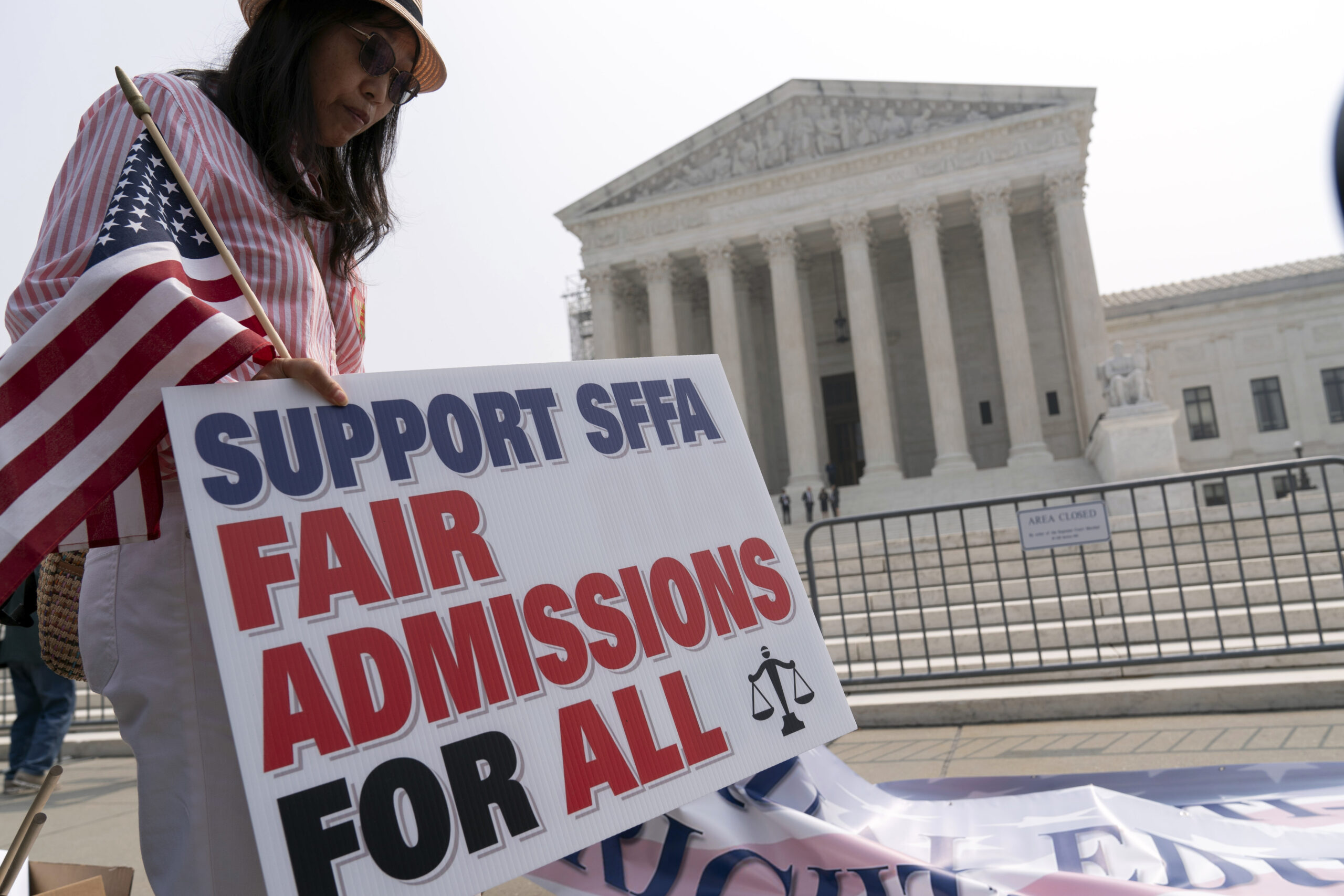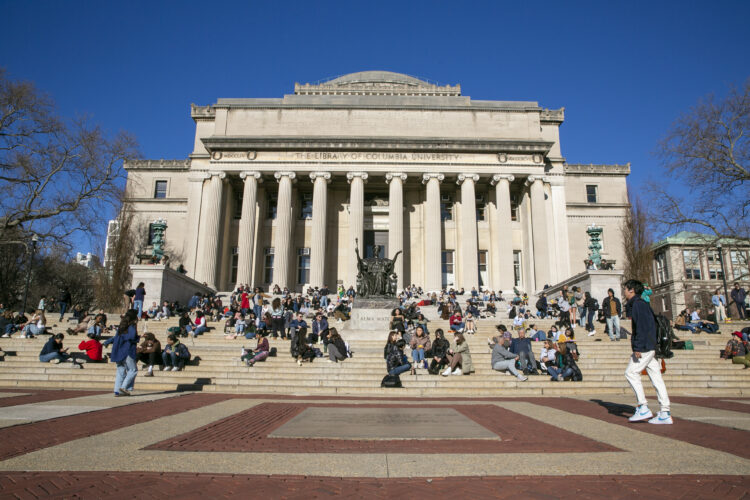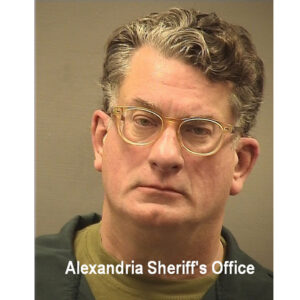Columbia Law School reportedly introduced—and then promptly walked back—a program requiring applicants to submit recorded statements as part of the admissions process in the wake of the Supreme Court’s ban on Affirmative Action programs. Following public criticism, the school now claims that the requirement was posted in error and has updated its application webpage.
Check out the latest military line of merchandise today in the Valuetainment store!
“All applicants will be required to submit a short video, no longer than 90 seconds, addressing a question chosen at random,” read the school’s now-archived admissions page on Monday morning. While the school claimed these statements would “provide the Admissions Committee with additional insight” into the strengths of students, many saw this as a thinly-veiled workaround for the recent ban on race-based college admissions.

As Valuetainment reported at the time, the Supreme Court decision handed down last month ruled that both programs incorporating race-conscious decisions on potential college admissions violate the Equal Protection Clause, found in the 14th Amendment of the Constitution, and are therefore unlawful. Immediately after that decision, many universities promised to find other ways to meet their Diversity, Equity, and Inclusion goals, with some even introducing essay questions addressing the ruling itself. Columbia Law’s admissions plan seems to be the latest strategy for getting around the new restrictions.
Though allegedly intended to provide details about the academic and personal strengths of applicants, critics claimed these videos would also allow the Admissions Committee to assess the perceived race and gender of each applicant.
One month after the Supreme Court shut down racial discrimination in college admissions, Columbia Law School has added a mandatory 90-second video portion for all its applicants.
According to the school, "The video statement will allow applicants to provide the Admissions…
— Charlie Kirk (@charliekirk11) July 31, 2023
“What is a 90-second video supposed to legitimately convey that a written statement could not?” asked Edward Blum, founder of Students for Fair Admissions, the plaintiffs in the Supreme Court case last month.
Shortly after the new requirements were posted, Columbia Law archived the page and released a statement saying that it had been posted by mistake. “Video statements will not be required as part of the Fall 2024 J.D. application when it becomes available in September,” the school told the Free Beacon.
The school did not comment on whether the policy will be reinstated for future semesters.


















Add comment